A Christmas CarolStave OneMarley's Ghost.Scrooge took his melancholy dinner in his usual melancholy tavern; and having read all the newspapers, and beguiled the rest of the evening with his banker's–book, went home to bed. He lived in chambers which had once belonged to his deceased partner. They were a gloomy suite of rooms, in a lowering pile of a building up a yard, where it had so little business to be, that one could scarcely help fancying it must have run there when it was a young house, playing at hide–and–seek with other houses, and forgotten the way out again. It was old enough now, and dreary enough, for nobody lived in it but Scrooge, the other rooms being all let out as offices. The yard was so dark that even Scrooge, who knew its every stone, was fain to grope with his hands. The fog and frost so hung about the black old gateway of the house, that it seemed as if the Genius of the Weather sat in mournful meditation on the threshold.
Now, it is a fact, that there was nothing at all particular about the knocker on the door, except that it was very large. It is also a fact, that Scrooge had seen it, night and morning, during his whole residence in that place; also that Scrooge had as little of what is called fancy about him as any man in the city of London, even including—which is a bold word—the corporation, aldermen, and livery. Let it also be borne in mind that Scrooge had not bestowed one thought on Marley, since his last mention of his seven years' dead partner that afternoon. And then let any man explain to me, if he can, how it happened that Scrooge, having his key in the lock of the door, saw in the knocker, without its undergoing any intermediate process of change—not a knocker, but Marley's face.Canción de Navidad1. El espectro de MarleyScrooge cenó melancólicamente en su melancólica taberna habitual; y después de leer todos los periódicos, se entretuvo el resto de la noche con los libros comerciales. y se fue a acostar. Ocupaba las habitaciones que habían pertenecido anteriormente a su difunto socio. Eran una serie de cuartos lóbregos en un sombrío edificio al final de una calleja, y en el cual había tan poco movimiento, que no se podía menos de imaginar que había llegado allí corriendo, cuando era una casa de pocos años, mientras jugaba al escondite con las otras casas, y había olvidado el camino para salir. Era ésta entonces bastante vieja y bastante lúgubre; sólo Scrooge vivía en ella, pues los otros cuartos estaban alquilados para oficinas. La calleja era tan obscura. que el .mismo Scrooge, que la conocía piedra por piedra, veíase obligado a cruzarla a tientas. La niebla y la helada se agolpaban de tal modo ante la negra entrada de la casa, que parecía como si el Genio del Invierno se hallase en triste meditación sentado en el umbral.
Hay que advertir que no había absolutamente nada de particular en el llamador de la puerta, salvo que era de gran tamaño: hay que hacer notar también que Scrooge lo había visto, de día y de noche, durante toda su residencia en aquel lugar, y también que Scrooge poseía tan poca cantidad de lo que se llama fantasía como otro cualquier hombre de la ciudad de Londres, aun incluyendo -la frase es algo atrevida- las Corporaciones, los miembros del Concejo municipal y los de los Gremios. Téngase también en cuenta que Scrooge no había dedicado un solo pensamiento a Marley desde que aquella tarde hizo mención de los siete años transcurridas desde su muerte. Y ahora, que me explique alguien, si puede, cómo sucedió que Scrooge, al meter la llave en la cerradura, vio en el llamador -sin mediar ninguna mágica influencia-no un llamador, sino la cara de Marley.
Canción de Navidad
Charles Dickens




























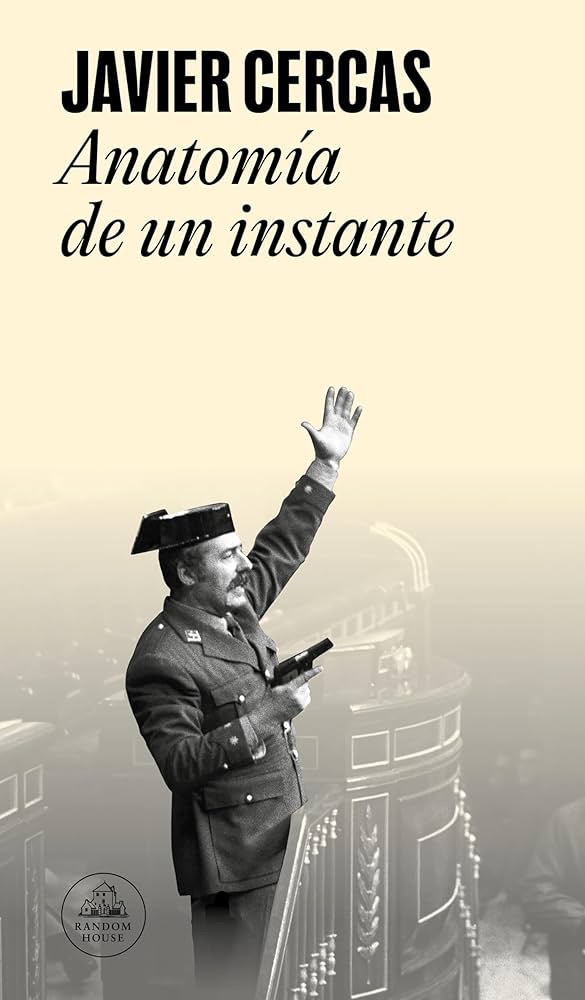






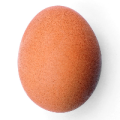
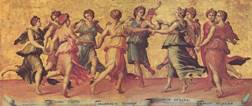







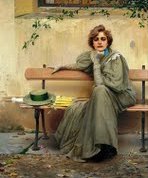


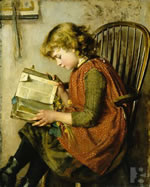




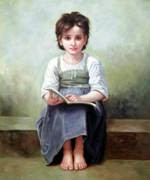













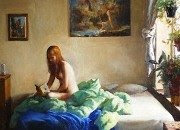
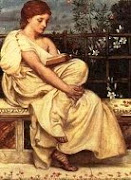

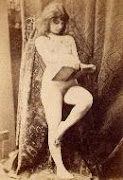






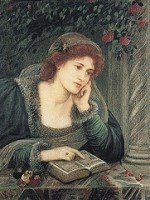



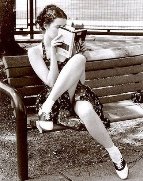
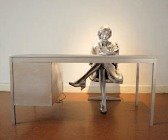
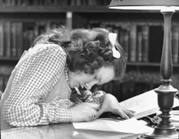

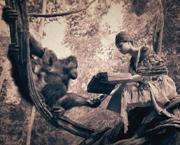

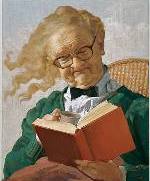



























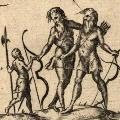


No hay comentarios:
Publicar un comentario